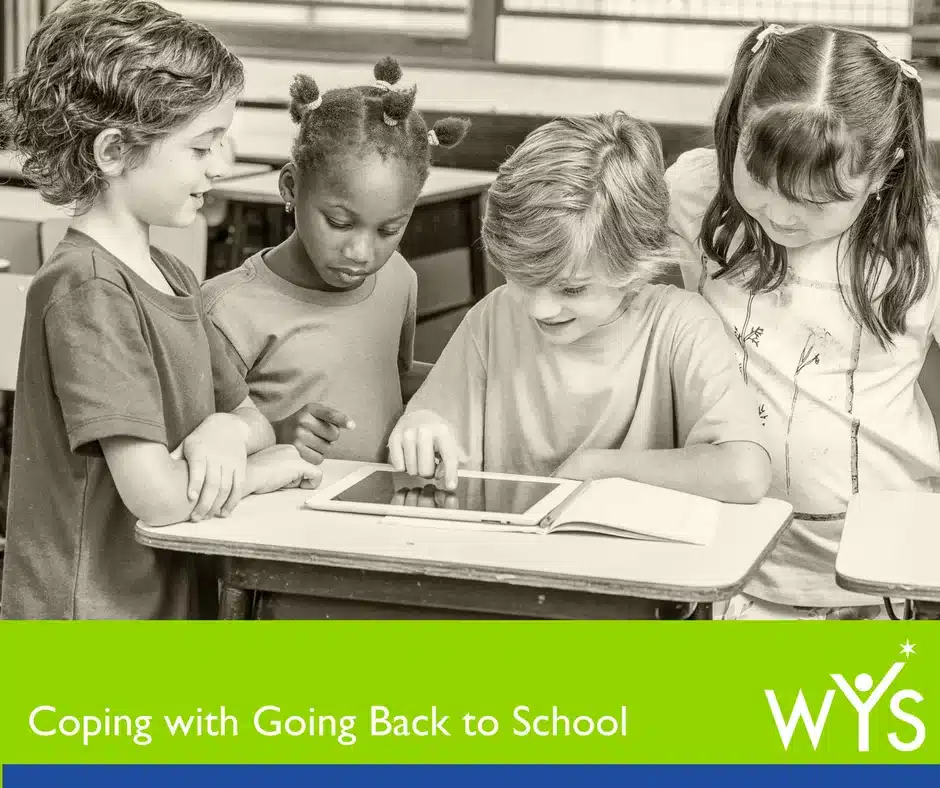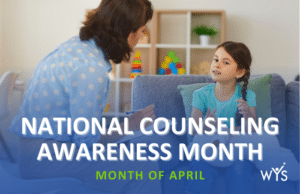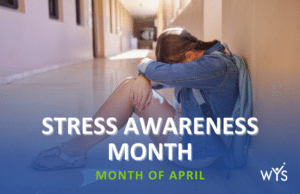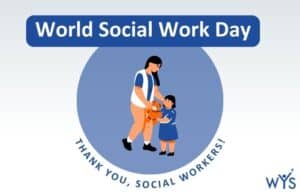
Coping with Going Back to School
The events leading up to the back to school season can trigger a prior adverse childhood experience. Behavioral or mental health challenges are not a “phase” or “stage” to be outgrown; for many children and teens they are very real. Trauma Experts say that these events are not singular instances rather patterns, and how parents, guardians, and teachers respond in the aftermath of a child experiencing trauma has an irrevocable impact on whether or not they will be able to overcome childhood trauma, or if they will carry it into adulthood. It is crucial, then, that adults be prepared to deal with these types of situations before they even arise.
Strategies for Families and Teachers
There are many tools and strategies that can be called upon to head off a back to school behavioral or mental health challenge, we share several in this article that can help you take preventative measures and provide guidance for how to build resiliency in children.
What’s key to remember is that collaborative models work best, and a good line of communication between school and family is ideal. Above all else, the main focus is the well-being of the child and that they know that you can be trusted and that they can confide in you if they are struggling with anything.
“Resilience does not mean that children ‘get over it.’ It does mean that the caring adults in their lives have a lot of power to buffer, rather than cement, the effects of toxic stress.”
Amanda Moreno, PH.D. – Erikson Institute
Below are strategies for families and teachers to help ease the stress of a change in schedule and new experiences.
For Families:
 As the first day of school approaches, look for signs of change in your child.
As the first day of school approaches, look for signs of change in your child.- Adapt summer schedules to prepare for school schedule: limit activities and regulate bed and meal times.
- Create happy rituals to align with “back to school,” such as preparing school supplies, shutting down screens and reading books, and reconnecting with school friends.
- Set schedule and expectations about social boundaries for the school year.
- Talk to your child about bullying: what it is, why it’s dangerous, how to respond if you are a victim or how to get help if someone else is getting bullied around you.
- Review coping strategies, explain what they are and help your child identify those that work best for them.
- Read up on new social media sites and other websites. StopBullying.org has important information to help you stay one step ahead of the technology. Instagram which is popular with teens, recently made significant changes to their platform.
- Inform new teachers about your child’s needs.
- If you need help, reach out to a local mental health facility. If you are in Orange County, CA visit one of our offices.
- One program that we often recommend to clients up to age seven that are experiencing challenges in school is Parent-Child Interaction Therapy (PCIT). A short-term family coaching program that gets to the root cause of disruptive behaviors and strengthens parental skills, communications, and family relationships. The length of treatment is typically 4 to 6 months for simpler problems and 8 to 10 months for more strained relationships. During these sessions, parents are shown specific skills, practice these skills during therapy, and continue developing skills until mastery is achieved and child’s behavior improves.
- If your child is part of an Individualized Education Program (IEP), be sure that their plan is updated and that all modifications and accommodations are shared with all relevant parties.
- If needed, prepare a medication plan with your child and school.
For Teachers:
1 in 5 children and youth have a diagnosable emotional, behavioral or mental health challenge that can affect their ability to learn and be successful in school. Educators are on the front line and are often the first to notice that a child may be experiencing mental health challenges.
- Listen audibly and for the signs that something might be amiss: fidgeting, outbursts in class, having trouble focusing, anxiety, withdrawal, academic challenges. You can be that one person that makes a difference simply by noticing them.
- Encourage open communication and kindness amongst students.
- Be flexible, consider that a child who is struggling with their mental health may need an adjusted schedule that focuses on their success rather than what is a challenge for them.
- Incorporate mindfulness into the day. Students are constantly learning new things, this can lead to stress and overwhelm. Teach them how to listen to their thoughts, body, and feelings.
- Encourage them to take a moment to slow down, take a breath and clear their mind so they can more easily focus and work on their studies. It might be helpful for you, too!
Adverse childhood experiences have been proven to have rippling effects on the entirety of an individual’s life, and that the responsiveness of family, friends, and educators plays a significant and lasting role in whether or not they carry their trauma into adulthood.
It all starts with knowing what to look for, taking the symptoms seriously, and reaching out for professional help when needed.
We are here to help.
Here’s to a happy, healthy, and successful school year ahead.

Lorry Leigh Belhumeur, Ph.D.
Chief Executive Officer
Western Youth Services






